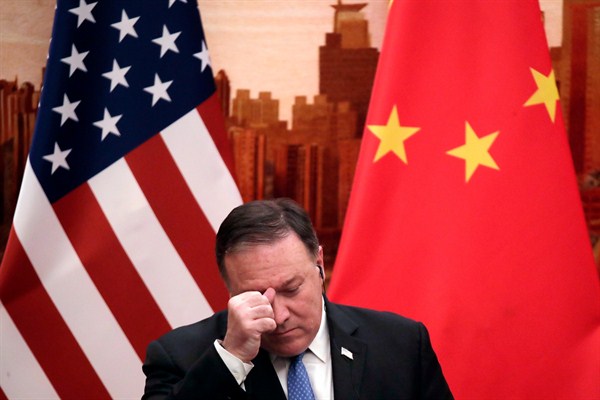As the United States became a superpower in the 20th century, its grand strategy relied on qualitative military strength, economic power and, in the information realm, an appealing narrative about American national interests and foreign policy. This combination—what security experts call the “elements of national power”—was immensely successful, underpinning American hegemony and projecting U.S. influence around the world.
But today, America’s preponderance seems in decline. In the military and economic realms, this is relative, largely the result of what Fareed Zakaria calls “the rise of the rest.” America’s diminishing ability to wage information warfare is harder to explain. Leaders in Washington once understood how integral information warfare was to national security. With the rise of better-informed publics whose support mattered, they knew they had to sell their own people and their allies on their policies to be successful, just as information could be used offensively to undercut support for adversaries.
Why, then, isn’t the U.S. better at information warfare today, given the inherent appeal of free market economics, respect for human rights, rule by law and responsive governance? Why is it being outmatched by the likes of Russia and China?

